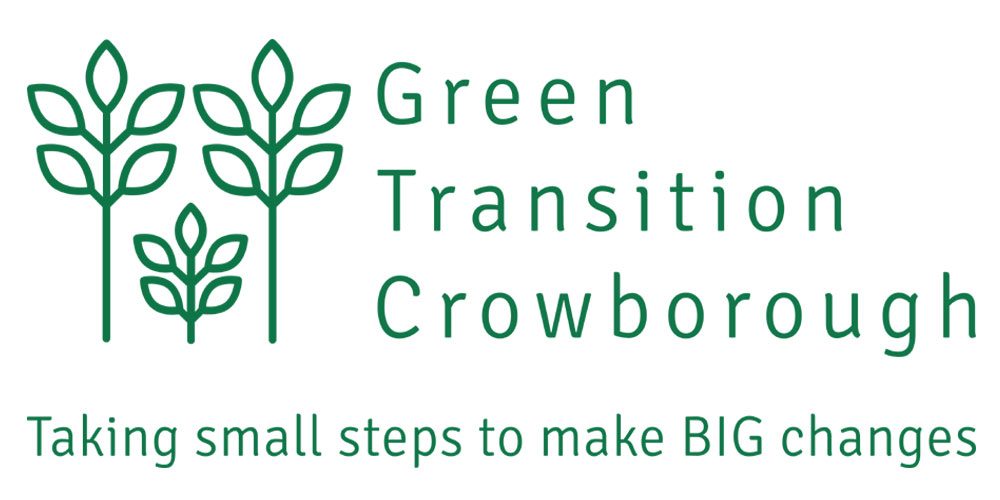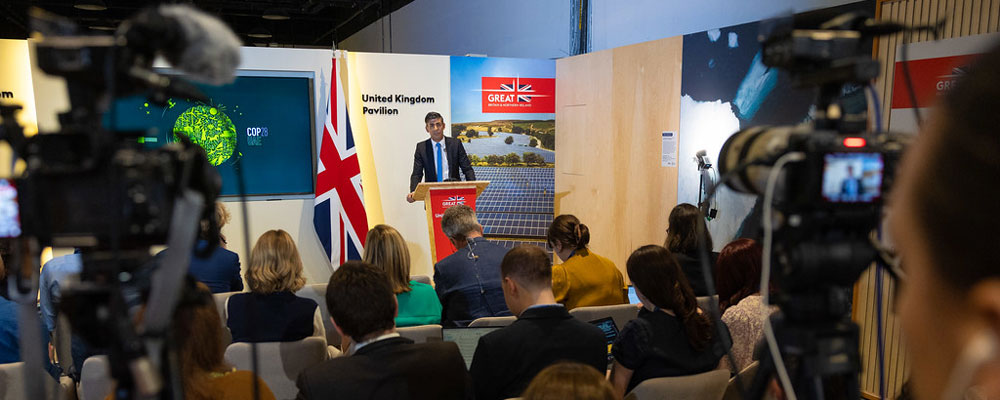Us humans are inherently hard on ourselves. And I find this particularly prevalent (for me, anyway) around things that I really care about… the environment being high up on that list! If I could single-handedly solve the climate crisis then I’d go all out and sacrifice every iota of convenience that current societal norms afford me. However, it’s not all down to me, and this is where feelings of futility can creep in. So it’s important to focus on things that we can do to make ourselves more resilient to the doom and gloom of the climate crisis, and to transform this into positive action.
You need to know that it’s ok, and indeed totally rational, to feel some anxiety about the critical situation that we’re currently in. Having awareness of the challenges makes you more likely to act to safeguard the future of our planet. Everything that we do has an impact on the planet, and it’s up to us to decide whether we want our impact to be positive or negative. Only when we have the knowledge of the issues and consequences of our actions, will we be able to make that conscious decision. So, Tip 1 is to concentrate on the incremental changes that you can make to your own lifestyle which align with your views on the issues. Do what you can, and try not to feel guilty for the changes that are not right for you to make at the moment. Any one thing that you can do, (whether it’s reducing or eliminating meat from your diet, travelling by bike or by foot instead of in the car for some journeys, shopping with local businesses instead of online, insulating your home to reduce electricity consumption, switching to a Green electricity tariff, fitting solar panels to your home, or rewilding an area in your garden) is far better than doing nothing at all, and you can be proud of yourself for any sustainable changes you make.
To combat the feeling that there’s just too much to do on your own, Tip 2 is to connect with others who share the same goals as you. This can be by joining an online community based on your particular interests, or by looking at local projects or community groups where you’d undoubtedly be welcomed with open arms. Whether it’s a practical conservation project, community energy project or just a group who are sustainably minded where you can share ideas, they’ll all make you feel energised and part of a collective action that’s making a difference.
It’s easy to think that because global leaders have committed to keeping our average temperatures below 1.5 degrees above pre-industrial levels, that that’s exactly what is going to happen. Unfortunately, our current trajectory actually has us on a path towards an unimaginable 2.7 to 3 degrees above pre-industrial levels. This is because the policies and pledges that they have made to achieve this target aren’t being actioned. It’s important to keep in mind that we’re currently 1.2 degrees above pre-industrial levels and this has already brought catastrophic weather events to swathes of the planet which have previously been relatively untouched by such events. It doesn’t have to be this way, as the solutions exist.
Therefore, Tip 3 is to educate yourself about the solutions as well as the challenges. Subscribing to regular newsletters like Positive News, Sustainable(ish), or Carbon Upfront can keep you up to date with the good news, to balance out the bad. Mix up your viewing and listening with TED talks, podcasts and YouTube channels on subjects that interest you, or that you’d like to learn more about. There are so many examples of humanity’s resourcefulness to find, that you’re bound to be inspired and more hopeful once you know more about what has been achieved.
And lastly, Tip 4 is to use your voice to spread the knowledge that you have with those around you, use your consumer power to support businesses that operate as if Nature has a seat on the board, and use your democratic power to push the government, and those who represent you locally, to dramatically accelerate the introduction of policies to reach the targets they’ve promised to meet.
The human race has flourished in the face of adversity before, and we can do it again. We need to pull together and embrace the changes that are needed, by reducing our consumption on an industrial and personal level, and utilising technology and innovation that already exists.
Anita Bryant
Photo. The Prime Minister Rishi Sunak holds a press conference at COP28 before delivering his National Statement to the conference. Picture by Simon Walker / No 10 Downing Street.



Comments are closed